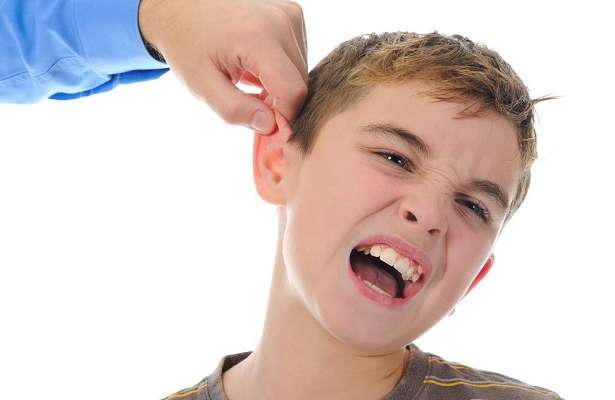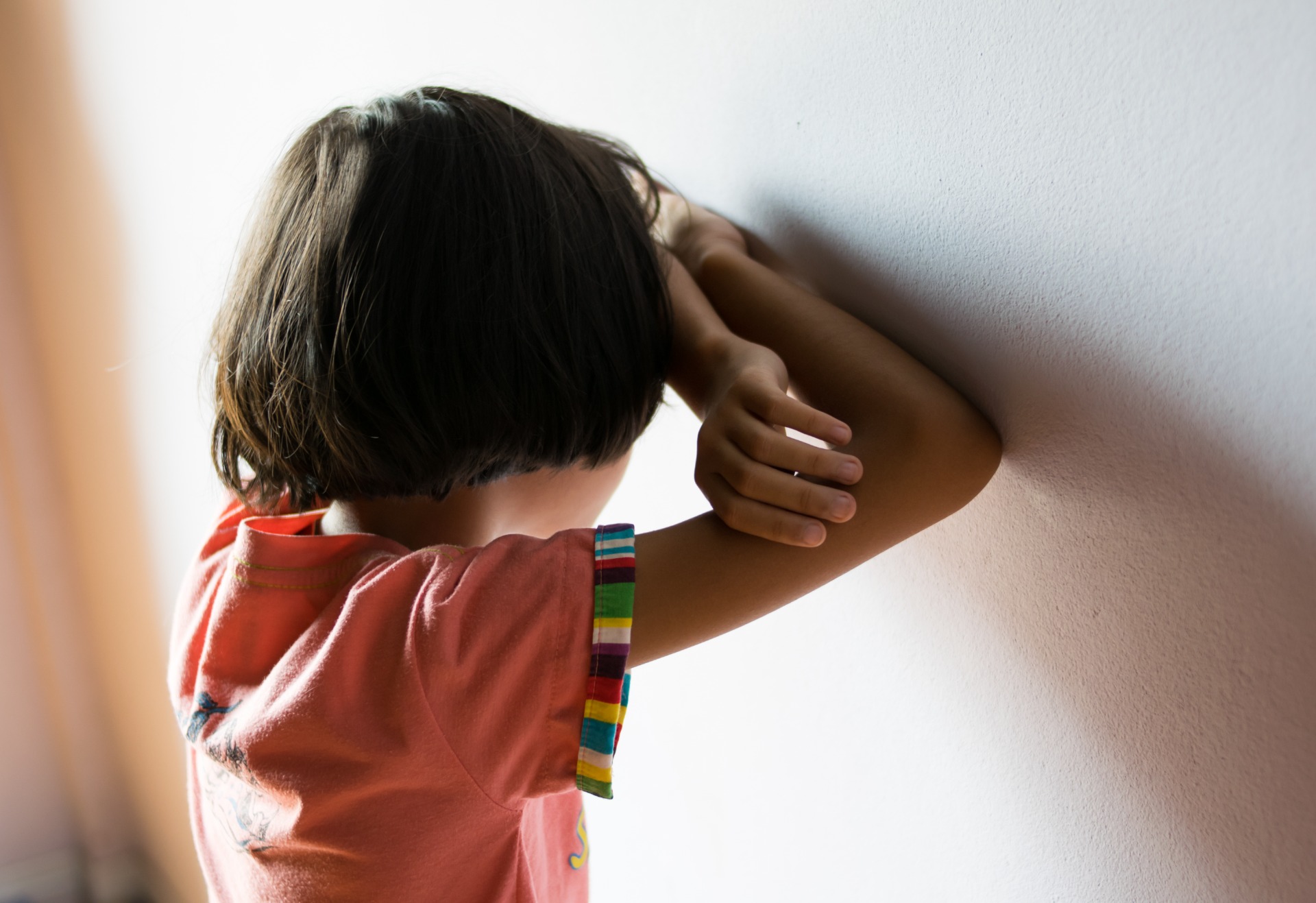Child physical punishment: solution or problem?

Physical punishment of children is a practice that has been used for centuries as a disciplinary method, but is currently a topic of debate and controversy. While some argue that physical punishment is an effective way to correct children's behavior and teach them limits, others maintain that it is a form of violence that can have negative and lasting consequences on the emotional and psychological health of minors.
In this article, we will explore the different perspectives on physical punishment of children, examining both the arguments for and against this practice. We will analyze the research and studies that have investigated the effects of physical punishment in childhood and adolescence, and we will reflect on the ethical and moral implications of this practice.
Is child physical punishment an effective solution to correct children's behavior, or is it a problem that can cause more harm than good? In the following pages, we will seek to answer this question and explore more effective and respectful alternatives for the upbringing and education of children.
Writing on the topic of physical punishment of children is important for several reasons:
1. Awareness: Helps raise awareness among parents, caregivers and educators about the negative effects of physical punishment and the benefits of alternative approaches.
2. Prevention: It can prevent excessive or inappropriate use of physical punishment, reducing the risk of emotional and psychological harm in children.
3. Promoting positive approaches: Encourages the adoption of more effective and respectful disciplinary methods, such as effective communication, setting clear limits and teaching social skills.
4. Victim support: Provides voice and support to victims of childhood physical punishment, validating their experiences and promoting understanding and empathy.
5. Improved mental health: Contributes to the promotion of mental health and well-being in childhood and adolescence.
6. Encouraging reflection: Invites readers to reflect on their own practices and beliefs, promoting positive change in the way parenting challenges are addressed.
7. Contribution to research: Contributes to research and debate on the topic, helping to advance the understanding of the effects of physical punishment of children.
8. Support for policies and laws: You can influence the creation and implementation of policies and laws that protect children from physical punishment and promote more positive approaches.
By addressing this issue, we can promote positive change in the way children are raised and educated, fostering a safer, more respectful and loving environment.
Some negative aspects of writing an article about physical punishment of children are:
1. Controversy: The topic can be very controversial and generate negative reactions in some readers.
2. Sensitivity: The article may hurt feelings or personal experiences of some readers who have been victims of physical punishment.
3. Generalization: Some readers may feel that the article generalizes or stigmatizes all parents or caregivers who use physical punishment.
4. Disconnection: The article may create a feeling of disconnection or lack of empathy towards parents or caregivers who feel overwhelmed or without alternatives.
5. Focus on blame: The article may focus on blaming parents or caregivers instead of offering constructive solutions.
6. Lack of context: The article may not consider the cultural, social or economic context that may influence the use of physical punishment.
7. Misinformation: The article may contain erroneous or biased information that may confuse or misinform readers.
8. Negative reaction: The article may generate a negative reaction in some readers who feel attacked or judged.
9. Difficulty changing behaviors: The article may not be enough to change the readers' ingrained behaviors or beliefs.
10. Need for comprehensive approach: The article may require a comprehensive approach that addresses the root causes of physical punishment and offers long-term solutions.
It is important to consider these negative aspects when writing about this topic and strive to present a balanced and respectful perspective.
My point of view
Physical punishment in childhood is not only ineffective in correcting behavior, but can also have devastating consequences for children's emotional, psychological, and social development. By avoiding physical punishment, parents and caregivers can foster an environment of respect, empathy and trust, where children feel safe to explore, learn and grow.
By not resorting to physical punishment, it promotes:
- A healthy development of self-esteem and self-confidence.
- The ability to regulate emotions and manage stress effectively.
- The resolution of conflicts in a peaceful and constructive manner.
- Empathy and understanding towards others.
- The ability to set limits and respect the rights of others.
Additionally, by avoiding physical punishment, you reduce the risk of:
- Long-term emotional and psychological damage.
- Behavior and discipline problems in the future.
- Cycles of violence and abuse that are repeated from generation to generation.
Instead of punishing, we can teach children valuable skills such as effective communication, problem solving, and responsible decision making. In doing so, we give them the tools necessary to navigate the world safely, respectfully and successfully.
Conclusion
Child physical punishment is a problem that can have long-term negative consequences on the emotional and psychological health of children. Most experts agree that physical punishment is not an effective solution to correct children's behavior and that there are more effective and respectful alternative methods.
Education and awareness about the negative effects of physical punishment of children are essential to prevent its use and promote more positive approaches to the upbringing and education of children. It is important to address the root causes of children's behavior and offer long-term solutions, rather than resorting to punitive measures.
Promoting an environment of respect, empathy and trust in the upbringing and education of children is key to promoting healthy and positive development. Society must work together to prevent physical punishment of children and promote more respectful and effective approaches to the upbringing and education of children.
Continued research and debate are necessary to advance our understanding of the effects of childhood physical punishment and develop effective strategies to prevent it.
In conclusion, it is important to address the issue of physical punishment of children in a comprehensive and respectful manner.
By ESTHELLA BONZA QUESADA
